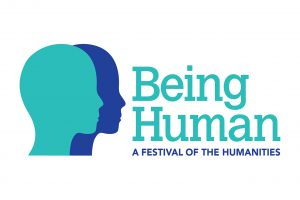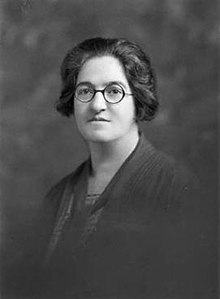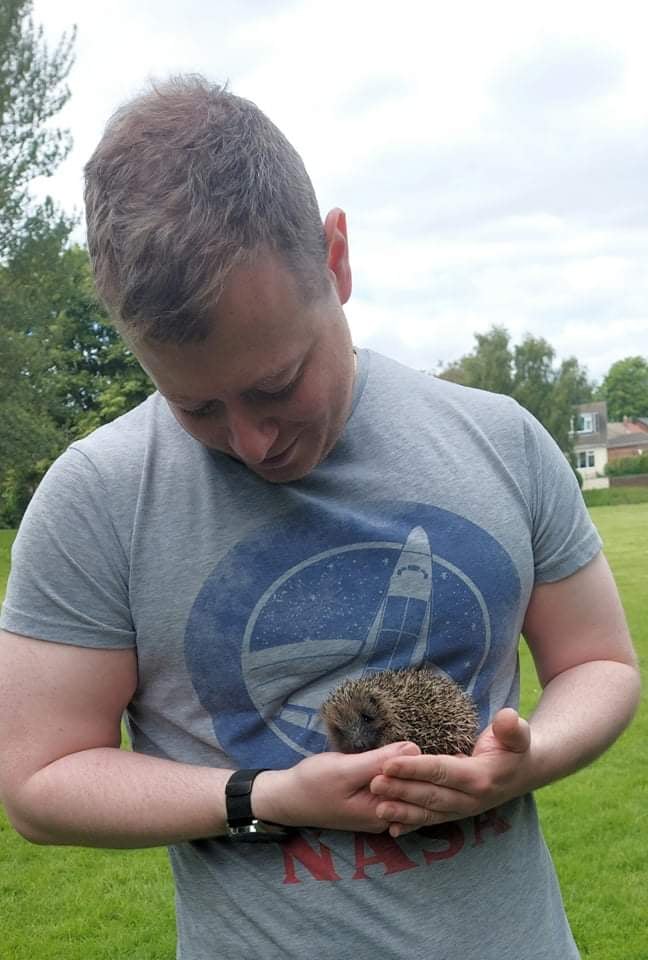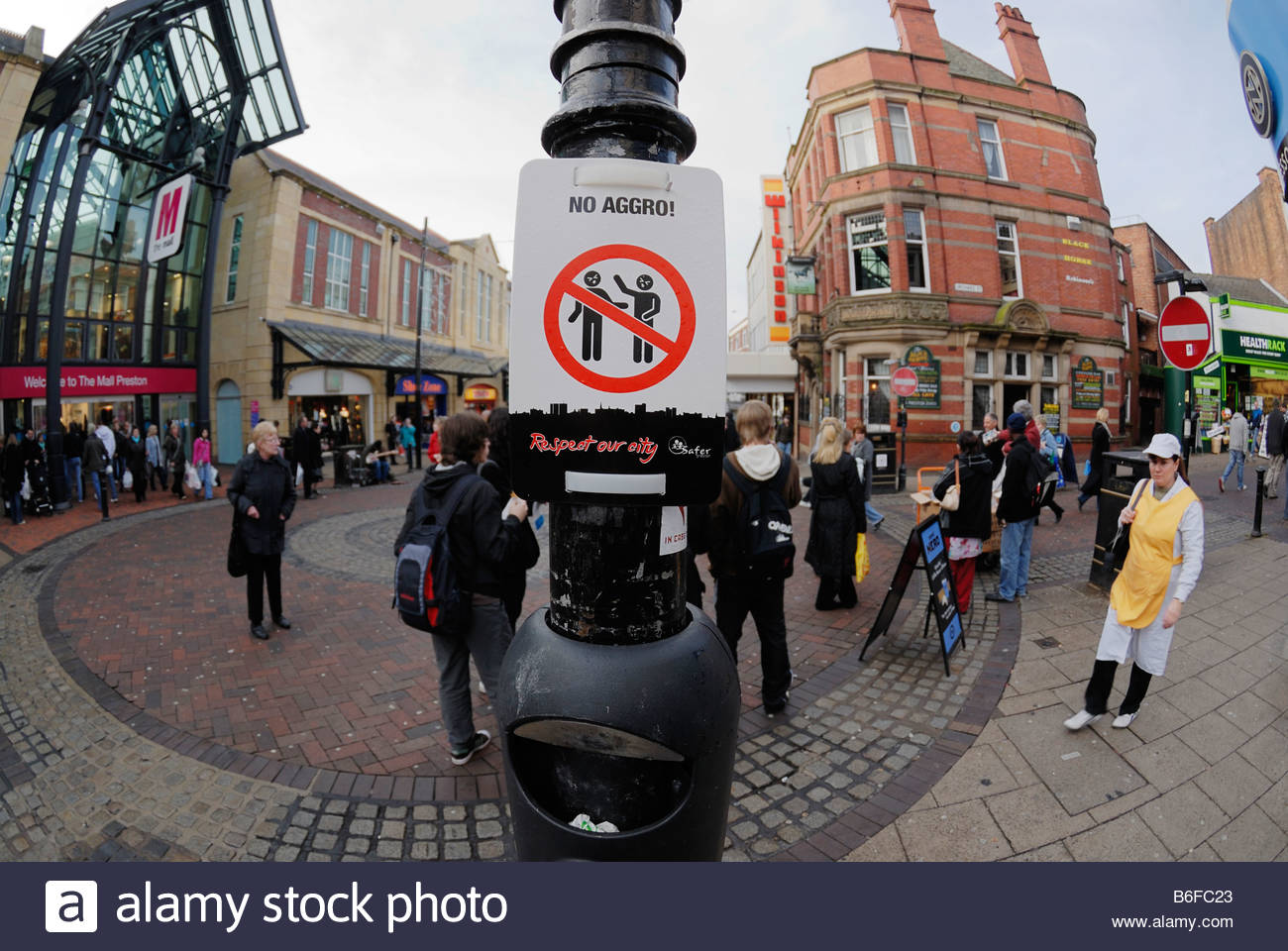
As part of a national festival, a series of free events are set to draw attention to Sunderland’s proud heritage.
Hundreds of free activities have been organised in towns and cities across the UK as part of the annual Being Human festival, a celebration of the way in which culture and humanities enrich everyday life.
Sunderland’s event, entitled ‘The People, The River and The Sea’, looks at the theme of Origins and Endings through the lens of Wearside’s local history.
Taking place from from 17 – 23 November, the University of Sunderland’s School of Culture will host a diverse programme of talks and workshops, exploring the events, industries and individuals that have helped shape the region.

Dr Sarah Hellawell, Lecturer in Modern British History at the University and one of the event’s organisers, said:
“We’re hoping to give people a better understanding of how varied Sunderland’s history is and how that has changed over time.
“So often Sunderland gets a bit forgotten about. What we’re hoping to do is show that all these big national events that have happened in history – such as women’s suffrage, the First World War, the English Civil War and so on – are also really important to Sunderland’s history and there’s a unique local dimension to it.
“I think it’s important to have an understanding of the history of where you’ve come from. It makes it more real and more interesting in a way, because you can really connect to it. It’s the streets that you walk on, the places that you go to yourself.”
On 21 November, at the Sunderland Museum and Winter Gardens, Dr Hellawell will reflect on the life of Sunderland City’s first Female MP, Marion Phillips while Dr Andre Keil will take a look at the First World War in the North East.

Elsewhere in the programme, Dr Peter Hayes will lead a guided walk along Roker Beach on 17 November, reflecting on the dangers of the coast.
On 22 November, Dr Delphine Doucet will shed light on the close connections between the local Lilburne family – a family of radicals from Sunderland. This will cover a strong link to the origins of English republicanism, and the crucial role they played during the English Civil War.
In addition, the National Glass Centre will host a talk by Inge Paneels, exploring the impact of glass on the ways we see the world. It will explain how glass is and was used in science from the first telescopes to the International Space Station and space travel in the future.
On 23 November, two talks by Professor Peter Rushton and Dr Stuart Howard will examine the early shipbuilding industry in Sunderland and the process of deindustrialisation.
Dr Andre Keil, Lecturer in Modern European History, who also helped organise the events, said:
“Sunderland is a city that witnessed a multitude of origins and endings in its long history.
“Change has been a constant feature of this place, from being the cradle of English glassmaking in the 7th century to becoming the centre of the British car industry today.
“Overall, we aim to present a diverse and attractive programme that will not only highlight our own research in the humanities but hopefully also stimulate interest in local history and culture.”
For more information and to book, visit Sunderland’s Being Human Festival: The People, The River and the Sea blog and Facebook page



